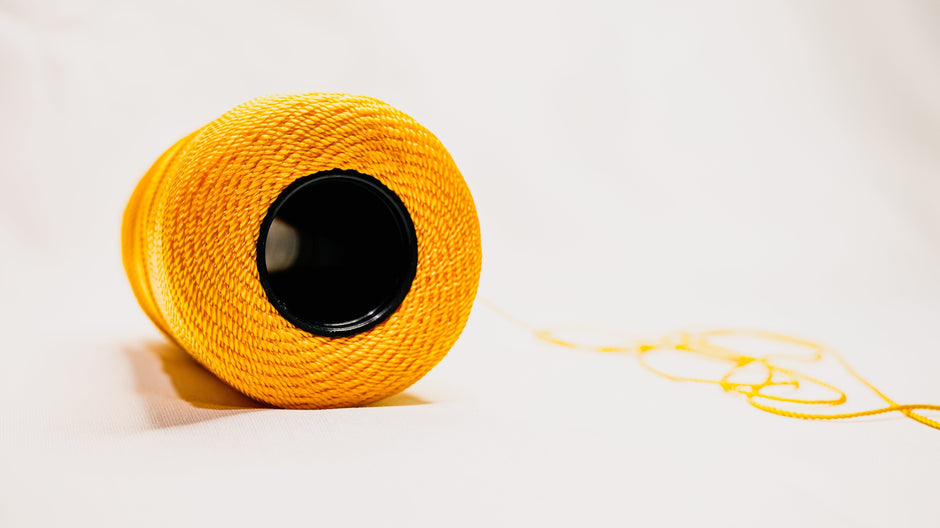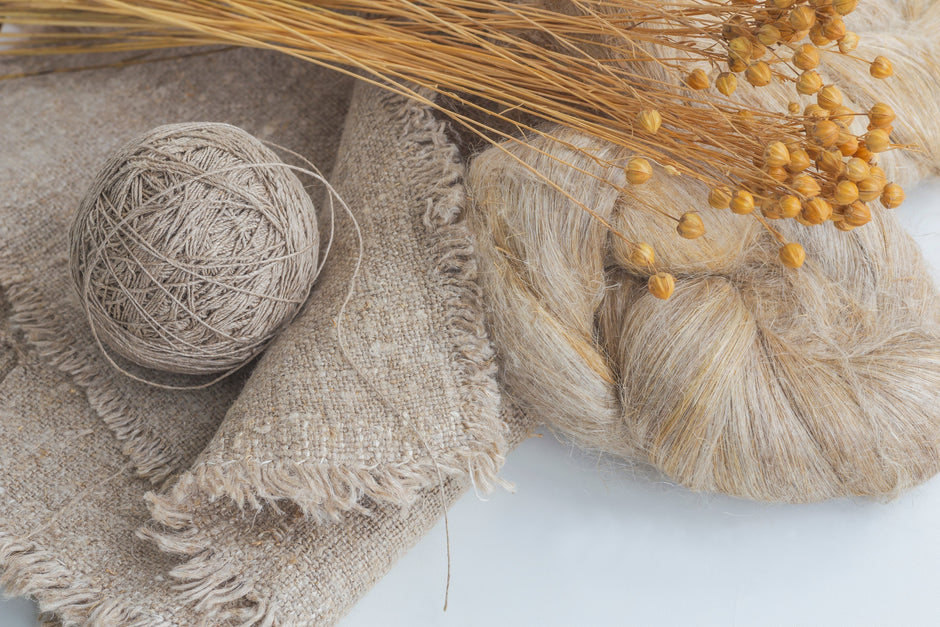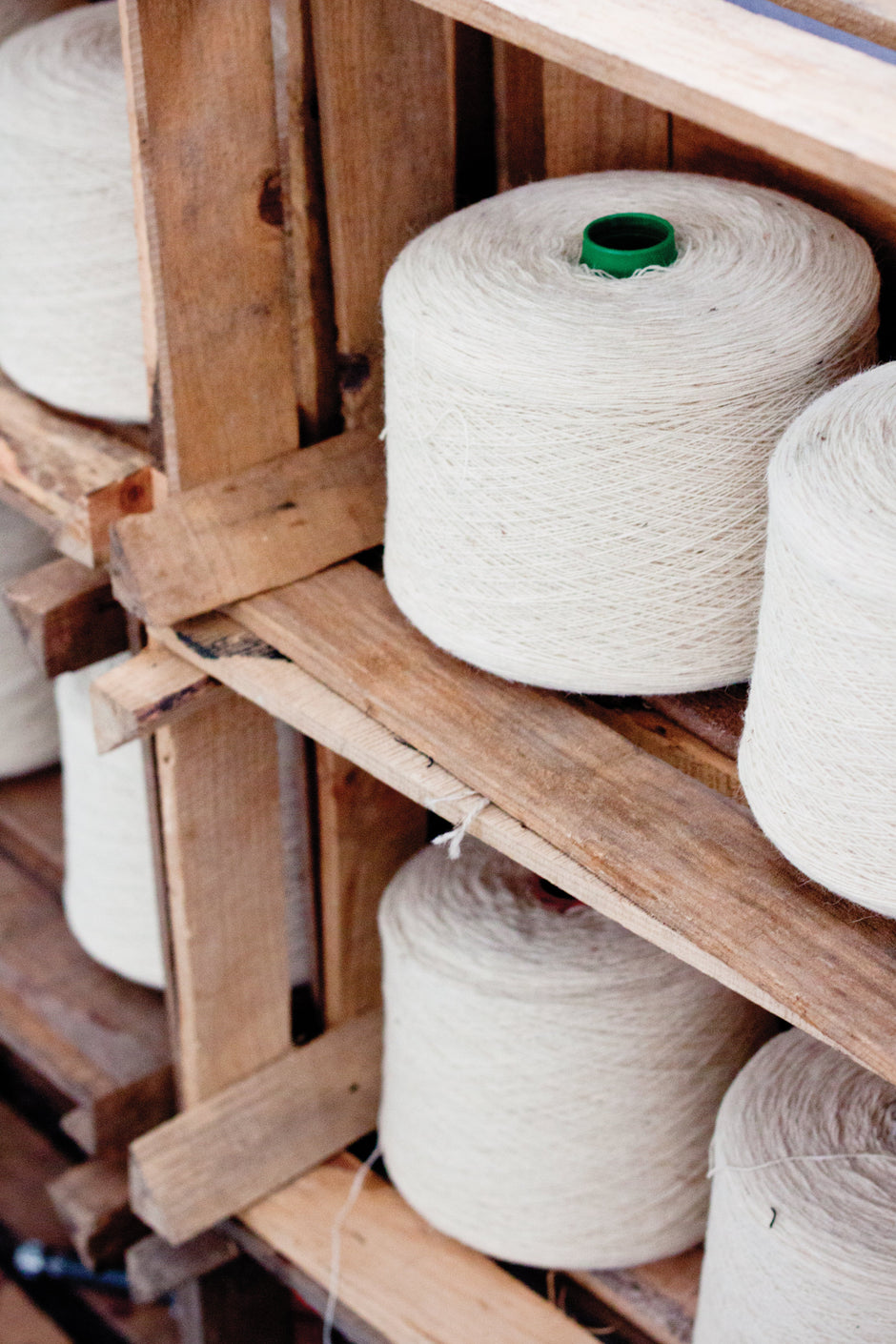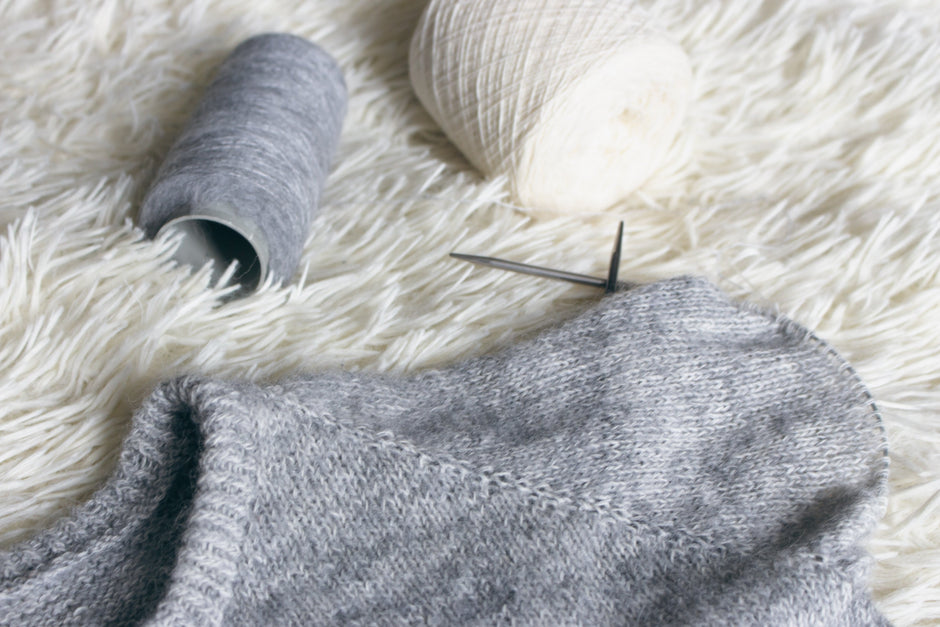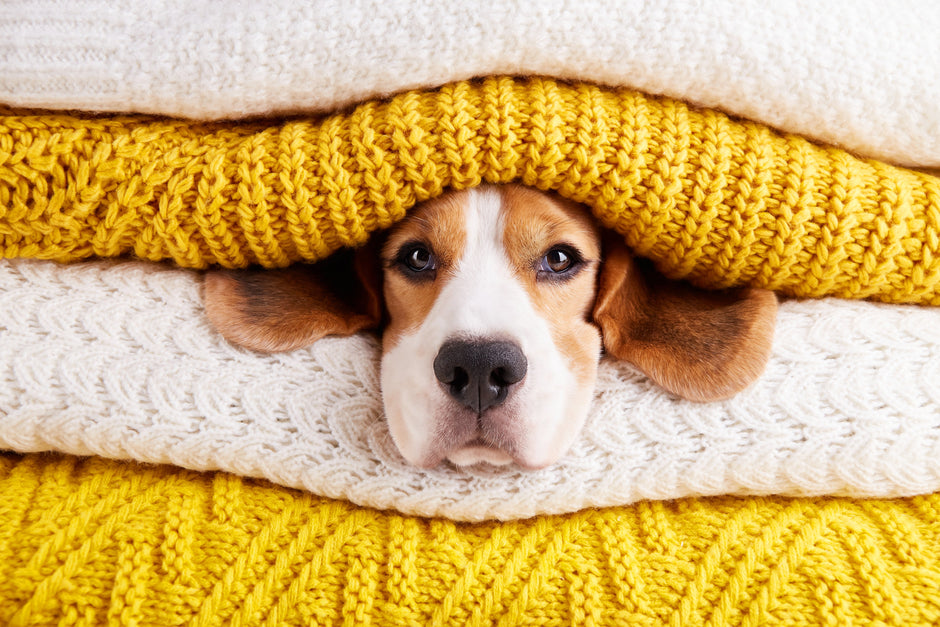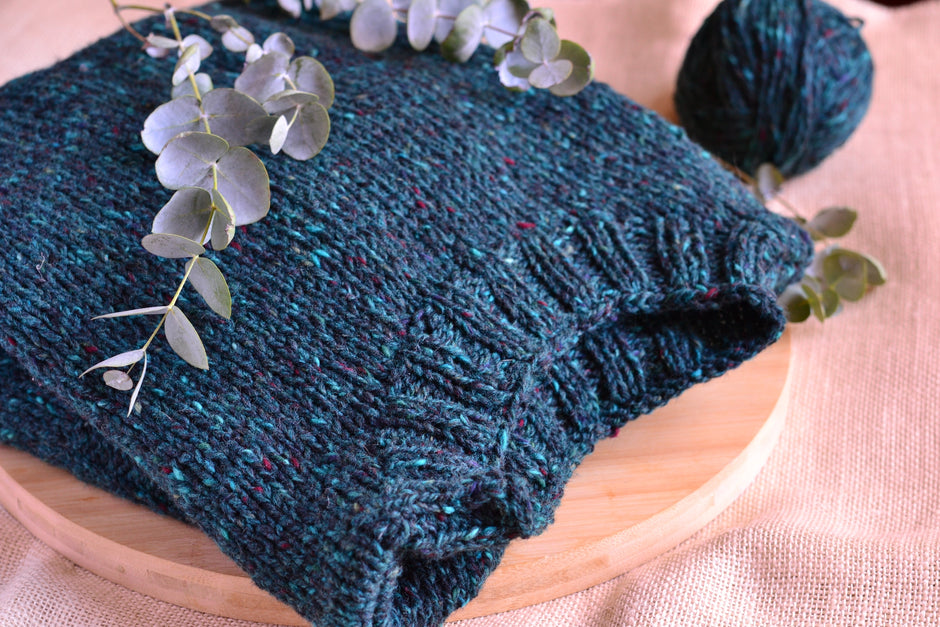Merino yarn: what is it and why do people love it?

Merino yarn is the true queen of knitting materials. It’s soft, warm, and versatile, making it a favorite among both beginners and experienced knitters. Let’s take a closer look at what it is and why it deserves your attention.
What is Merino?
Merino is a breed of sheep whose wool is used to produce the famous Merino yarn. These sheep primarily live in Australia, New Zealand, and some South American countries. Their wool is fine, soft, and incredibly pleasant to the touch.
Benefits of Merino yarn
Softness
Merino wool is one of the softest types of wool available. It doesn’t itch, making it perfect for people with sensitive skin. If you're knitting for children or individuals allergic to coarse wool, Merino is the ideal choice.
Warmth and lightness
Merino yarn retains heat well without feeling too heavy. It’s soft and lightweight, making it perfect for everyday wear, such as sweaters, hats, scarves, and even socks.
Temperature regulation
This yarn literally “breathes.” It helps maintain a comfortable body temperature, keeping you warm in the cold and preventing overheating in the heat.
Odor resistance
Merino wool has natural antibacterial properties that help prevent unpleasant odors. This is especially useful for clothing worn close to the skin.
Elasticity
Merino yarn stretches and holds its shape well, making it perfect for sweaters, cardigans, and other garments that need to fit nicely on the body.
Eco-Friendliness
Merino is a completely natural and biodegradable material. If you're environmentally conscious, this yarn is a great choice.
How is Merino different from regular wool?
-
Fiber Thickness: Merino fibers are much finer than regular wool. For example, Merino fibers range from 16 to 24 microns in diameter (the lower the number, the softer the fiber). Regular wool is typically 25 microns or more, which is why it often feels scratchy.
-
Weight: Merino wool is lighter than regular wool, making garments feel more “airy.”
-
Care: Many Merino yarns are machine-washable, whereas regular wool usually requires hand washing.
What can you knit with Merino?
Merino is a versatile yarn suitable for almost anything:
-
Warm sweaters and cardigans
-
Baby clothes (hats, blankets, onesies)
-
Scarves, snoods, and mittens
-
Blankets and throws
-
Lightweight garments (when using fine merino yarn)
How to choose Merino yarn
Pure Merino vs. Blends
-
100% Merino: Pure Merino wool is incredibly soft and warm, making it perfect for winter garments.
-
Blends (e.g., merino + silk or merino + acrylic): These blends can be more practical—more durable, slightly more affordable, and easier to care for.
Yarn Thickness
-
Thicker yarns are great for hats and scarves.
-
Medium-weight yarns are better for sweaters and finer garments.
Processing
-
Superwash Merino: Treated to be machine-washable—perfect for everyday wear.
-
Non-Superwash Merino: Requires hand washing but is considered more eco-friendly.
Cone yarn and thread thickness
Cone yarn is excellent because you can easily adjust the thickness by adding more strands. This allows you to control knitting density and create garments with the exact characteristics you need.
How to care for Merino
-
Hand wash or machine wash (if Superwash): Use cold water and mild detergents.
-
Dry flat: Hanging can cause stretching.
-
Avoid harsh friction: It can lead to pilling.
Swatches: Why they matter
Before starting a project, always knit a swatch. It should be at least 15×15 cm (6×6 inches) to give an accurate gauge. Wash and dry it at least three times using the same method you'll use for the finished item. This helps avoid surprises and ensures accurate measurements.
Why we love Merino
Merino yarn offers softness, comfort, and versatility. It’s suitable for all seasons, for both beginners and experts, and for creating cozy homewear and stylish everyday garments.
Try Merino once, and you'll fall in love with its warmth and gentle touch in every stitch!
Go to shop



